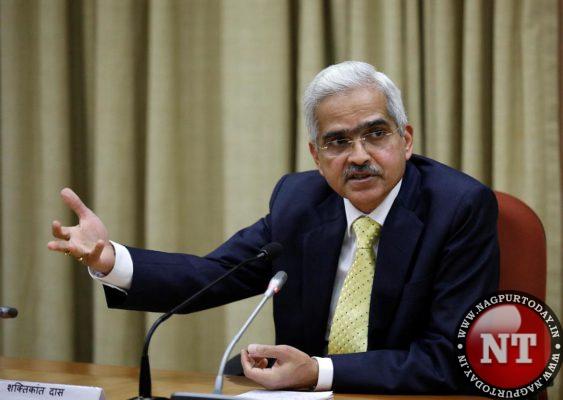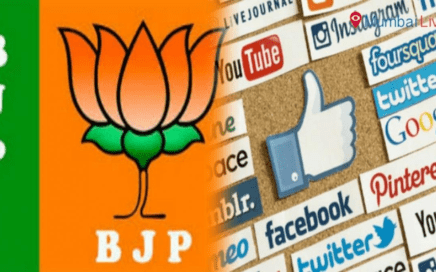
On May 29, Shaktikanta Das drew attention to an issue that has long been subject to a code of silence. “It is necessary that ‘independent’ directors are truly independent — independent not only of the management but also of controlling shareholders, while discharging their duties. They have to always remember that their loyalty is to the bank and no one else,” the RBI governor said.
The Reserve Bank of India governor’s message to independent directors was that they were not to be beholden to anybody or anything other than the long-term interests of a bank.
It is for the first time that a Mint Road helmsman has given us a peek into the power structures within bank boards.
“We have noticed the dominance of CEOs in board discussions and decision making. It has been seen in such cases that boards are not asserting themselves. We would not like this type of situation to develop,” Das said referring to instances of agenda papers not being circulated well in advance of board meetings, and of power-point presentations being circulated instead.
And here is a pithy gem: These power-point presentations are like a guided tour, and directors should clearly look beyond a guided tour. It has long been whispered that a select few make it as directors to bank boards because they are part of the corner-room occupants’ clique, or have the right connections to secure a seat (which is not very different from related-party transactions). And having made it, they use it as a business-cum-social calling card. Perhaps it is time that Mint Road was to insist that aspiring directors self-declare their past connections with the CEO or chairperson– whatever may be the milieu it is set in. This is not to suggest that a close acquaintanceship in itself should be a disqualifier to be on the board, but should be placed upfront all the same.
Not only will bank CEOs’ writ no longer run, going ahead (even as Das qualified that ‘there should not be a situation where the CEO is inhibited from doing his duties’), but it is the stress on the role of the chairperson which has come as a surprise.
The role of chairperson is akin to the captain of a ship. Chairpersons should encourage open and honest discussions which, at times, can be critical of the proposals recommended by the management.’ The days of rubber-stamping board decisions, kowtowing to CEOs, or treating the position as a post-retirement perk are over; the incumbent is now to be the paterfamilias.
Das may have felt his plain-speaking could have ruffled egos, and added that he was “not advocating any confrontation, but only stressing the need for the required level of alertness among all directors”.














